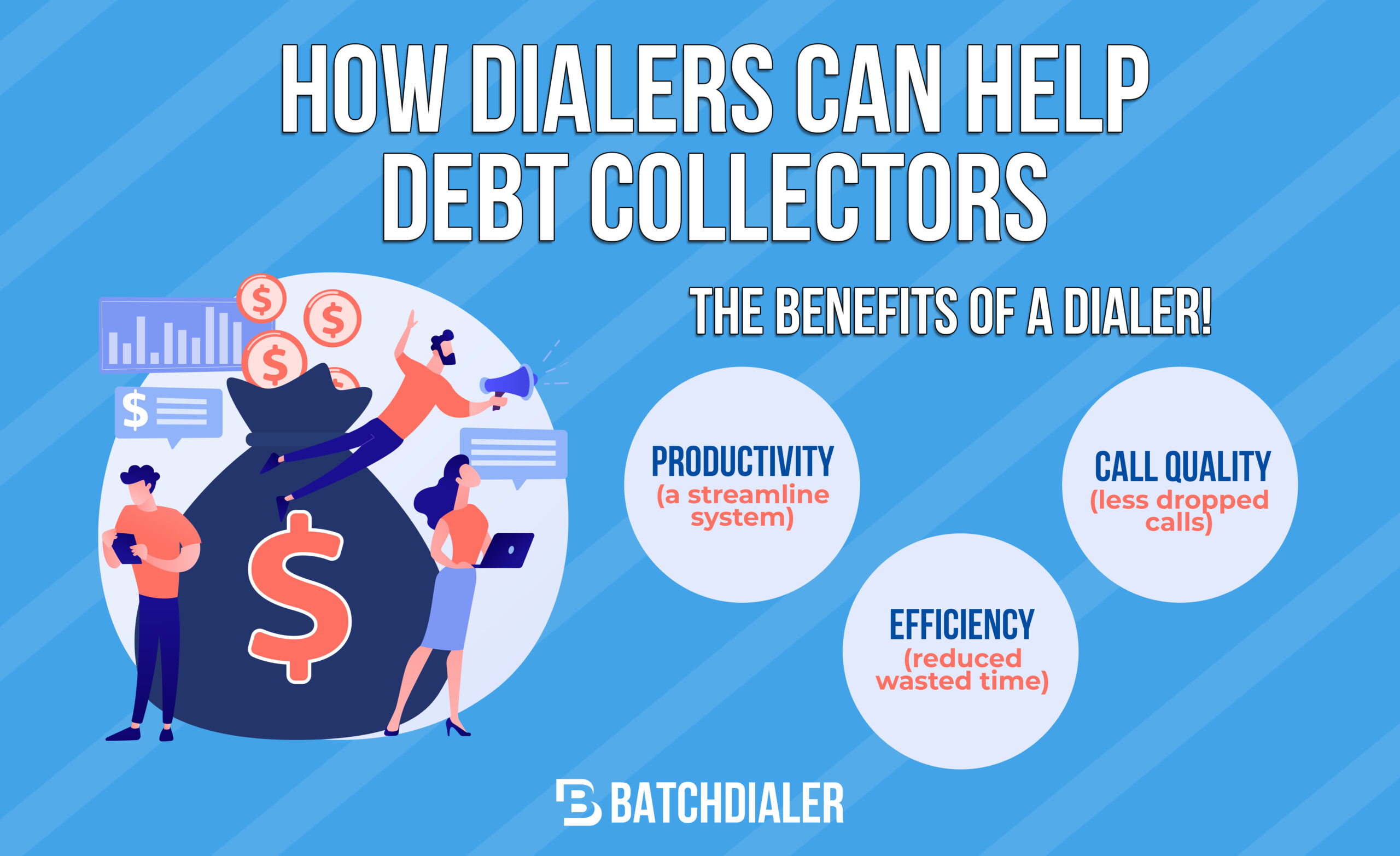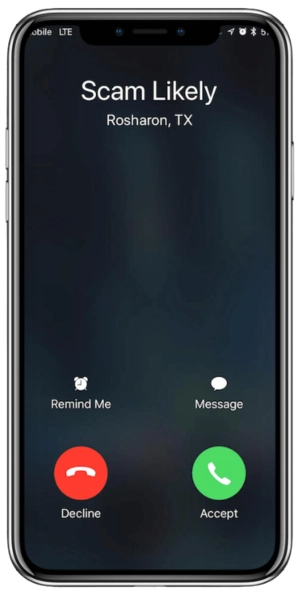The Telephone Consumer Protection Act (TCPA) has undergone significant updates to prioritize consumer privacy and transparency. Starting January 27, 2025, the new “One-to-One Consent Rules” introduced by the Federal Communications Commission (FCC) will go into effect, setting higher standards for how businesses obtain consent for communication. These updates aim to empower consumers and establish clearer boundaries for businesses engaging in outreach.
A Focus on Consumer-Centric Communication
A key driver of these new rules is the need to address ambiguity in how consent is obtained. Consumers often find themselves receiving calls from multiple businesses they did not directly interact with, due to practices like bulk consent collection. For instance, browsing a comparison site for car insurance might unintentionally result in consent for unrelated calls about student loans or other services. The updated rules aim to prevent such scenarios by requiring:
- Clear and specific consent for communication with a single, identified seller.
- Communications that are directly relevant to the initial interaction that led to consent.
These measures help ensure that consumers have greater control over who contacts them and for what purpose.
The Broader Impact of the One-to-One Consent Rules
The new regulations are expected to reshape how businesses approach consumer outreach. Practices such as including consent for partner businesses in a single disclosure will no longer comply with TCPA guidelines. Instead, businesses will need to implement more transparent methods, such as allowing consumers to individually select sellers or directly opt-in on a seller’s website. While this may increase compliance costs, it also fosters trust and aligns with consumer expectations.
BatchDialer’s Commitment to Privacy and Compliance
At BatchDialer, we recognize the importance of consumer trust and privacy in modern communication. Our platform is built to evolve based on market direction, ensuring that businesses can adhere to these new standards while maintaining effective outreach. BatchDialer is a TCPA-compliant dialing platform, and we remain committed to helping our customers stay aligned with current regulations.
The new TCPA rules require businesses to obtain written consent before delivering “advertisements or telemarketing messages using an automatic telephone dialing system or an artificial or prerecorded voice.” If you’re using our voicemail drop feature, you may want to review your approach to contacting leads. We recommend consulting your attorney for specific needs around your business.
Here’s how BatchDialer supports your compliance efforts:
- Advanced Consent Management
- Streamlined tools to collect, document, and manage consent.
- Opt-in and opt-out mechanisms that prioritize user preferences.
- TCPA-Compliant Features
- Manual Dialing Mode: Empowers users to initiate calls personally, avoiding reliance on automated systems.
- Scrubbing Tools: Automatically filters contacts against the National Do Not Call Registry.
- Detailed Call Logs: Provides a comprehensive audit trail for all communications.
- Educational Resources for Users
- Regular updates, webinars, and training to help users stay informed about regulatory changes and best practices.
- Dialer Reputation Tool / Free Spam Checker
- Check whether your number is falsely negative labelled with our Free Caller ID Reputation check.
Why Staying Compliant Benefits Everyone
Navigating the evolving regulatory landscape can be challenging, but BatchDialer is here to support you every step of the way. Our platform is designed to help you maintain compliance without compromising the efficiency of your operations. By leveraging our tools and expertise, you can confidently adapt to the One-to-One Consent Rules while continuing to connect meaningfully with your audience.
As the rules go into effect soon, now is the time to review and refine your outreach strategies. With BatchDialer, you can embrace these changes as an opportunity to lead with transparency and trust. Together, we can shape a future where communication is both effective and respectful of consumer rights.





